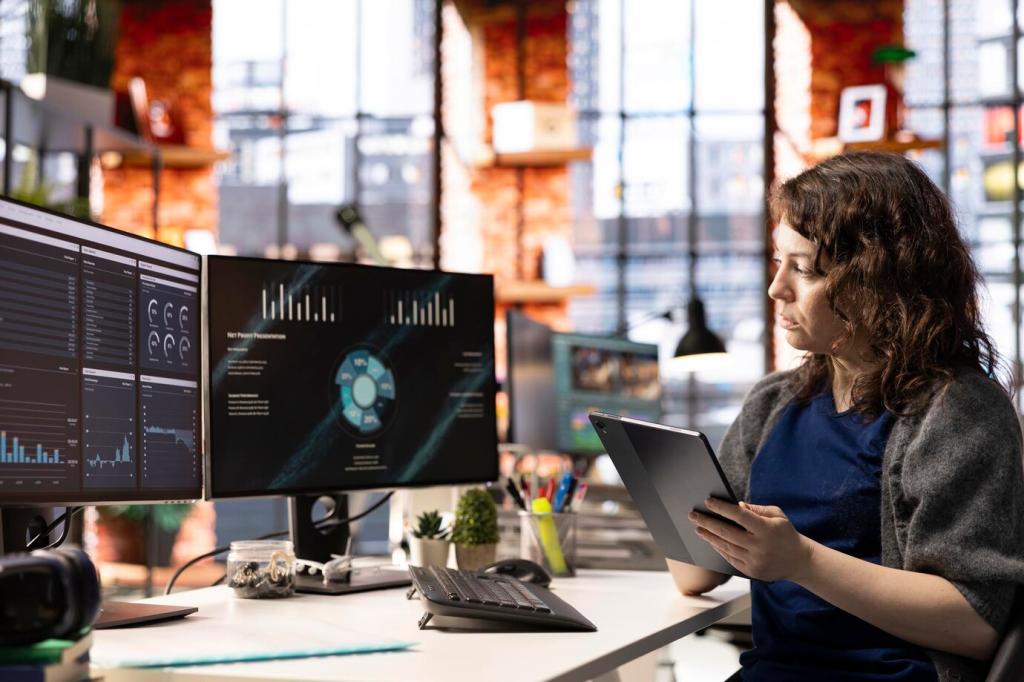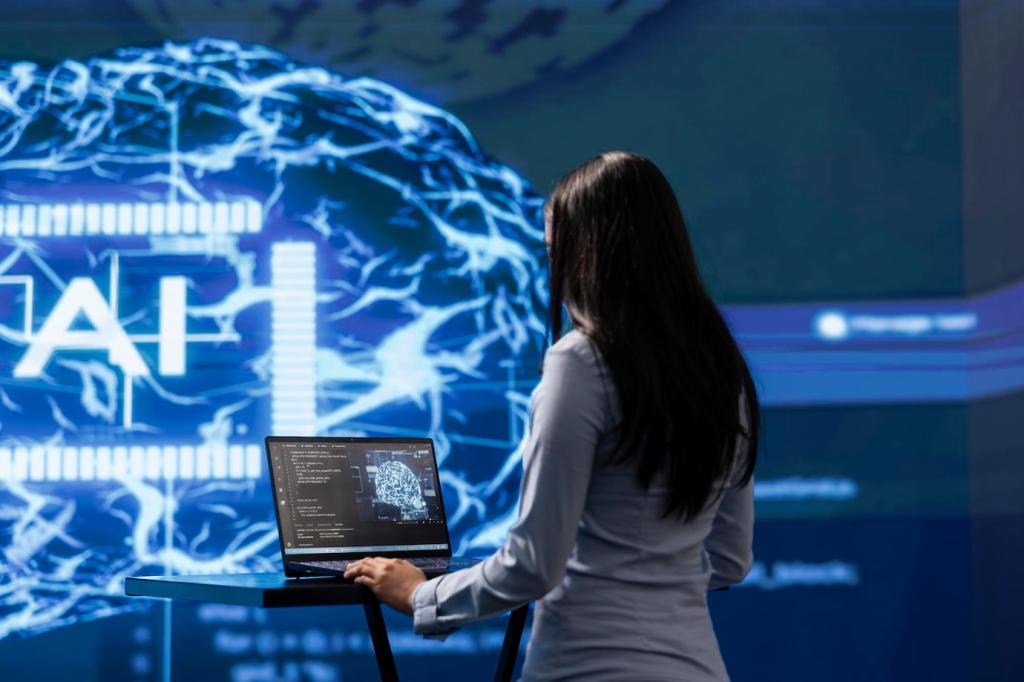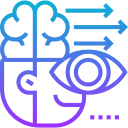Technological Milestones: AI in 2025
Breakthroughs in AI Automation
In 2025, industrial robotics is no longer limited to repetitive, pre-programmed operations. AI advancements have allowed machines to interpret complex environments, adapt to unforeseen obstacles, and learn from experience. Robots now collaborate with human workers in manufacturing spaces, leveraging computer vision, advanced sensors, and self-learning algorithms. These AI-driven robots can manage intricate assembly tasks, handle delicate materials, and make real-time operational decisions, vastly increasing manufacturing speed and quality. The new breed of industrial robotics has effectively redefined the partnership between man and machine, creating a smarter, safer, and more agile workforce that is reshaping the industrial landscape.

Next-Generation AI in Everyday Life
Conversational AI Companions
Conversational agents in 2025 have evolved far beyond basic chatbots. Powered by deeply contextual natural language processing and emotional intelligence algorithms, these AI companions engage in meaningful, multi-turn conversations. They understand nuances, emotions, and intent—offering advice, companionship, and personalized support. Whether managing schedules, helping with homework, or simply providing a listening ear, these AI entities build relationships that feel genuinely supportive. Their integration into smartphones, wearables, and even smart home devices transforms how people interact with technology on a deeply personal level, making daily living distinctly more human-centric.
Personalized Services Everywhere
AI-driven personalization has become ubiquitous by 2025, shaping recommendations, content, product offerings, and services unique to each individual. Advanced learning systems synthesize preferences gleaned from subtle behavioral cues, resulting in experiences tailored to mood, context, and long-term goals. Shopping, entertainment, and even health consultations are now dynamically adapted in real time. This shift towards hyper-personalization extends to digital and physical spaces alike, as environments—public and private—react intelligently to the needs of individuals. The level of personalization now possible has rendered mass-market approaches obsolete, heralding an era of genuinely one-to-one services.
Assistive AI for Accessibility
In 2025, technological milestones in AI have dramatically expanded accessibility for people with disabilities. Smart devices leverage real-time image recognition, speech-to-text, and context-aware prompts to enhance mobility, communication, and autonomy. AI interpreters facilitate seamless conversations for those with hearing impairments, while sophisticated navigation aids support the visually impaired in traversing both digital and physical environments. The democratization of intelligent technologies ensures that inclusion is the standard, empowering individuals to participate fully in society and bridging gaps that once seemed insurmountable. As AI continues to evolve, its impact on accessibility will only deepen, driving a more equitable world.
Creative Frontiers and AI Collaboration
AI-Generated Art and Music
2025 has seen the mainstream rise of AI-powered creative engines that compose original music, generate vivid artwork, and even produce films. These tools work alongside human creators, suggesting novel rhythms, visual styles, or story arcs that might never have emerged otherwise. Sophisticated generative models learn from massive creative datasets and then mix, match, and innovate upon them, collaborating with artists in real time. This dynamic has democratized creative production, giving rise to new genres, hybrid forms, and uniquely personal artistic expressions. Now, anyone with an idea and a digital canvas can bring their imagination to life, guided by untiring, inventive AI.

